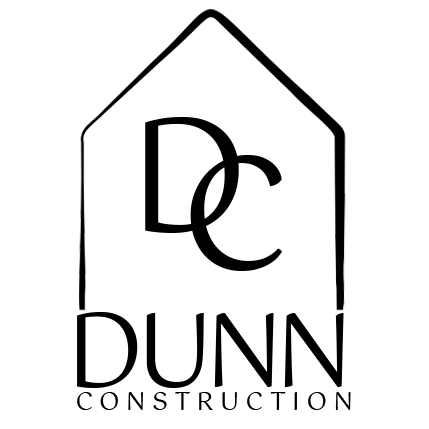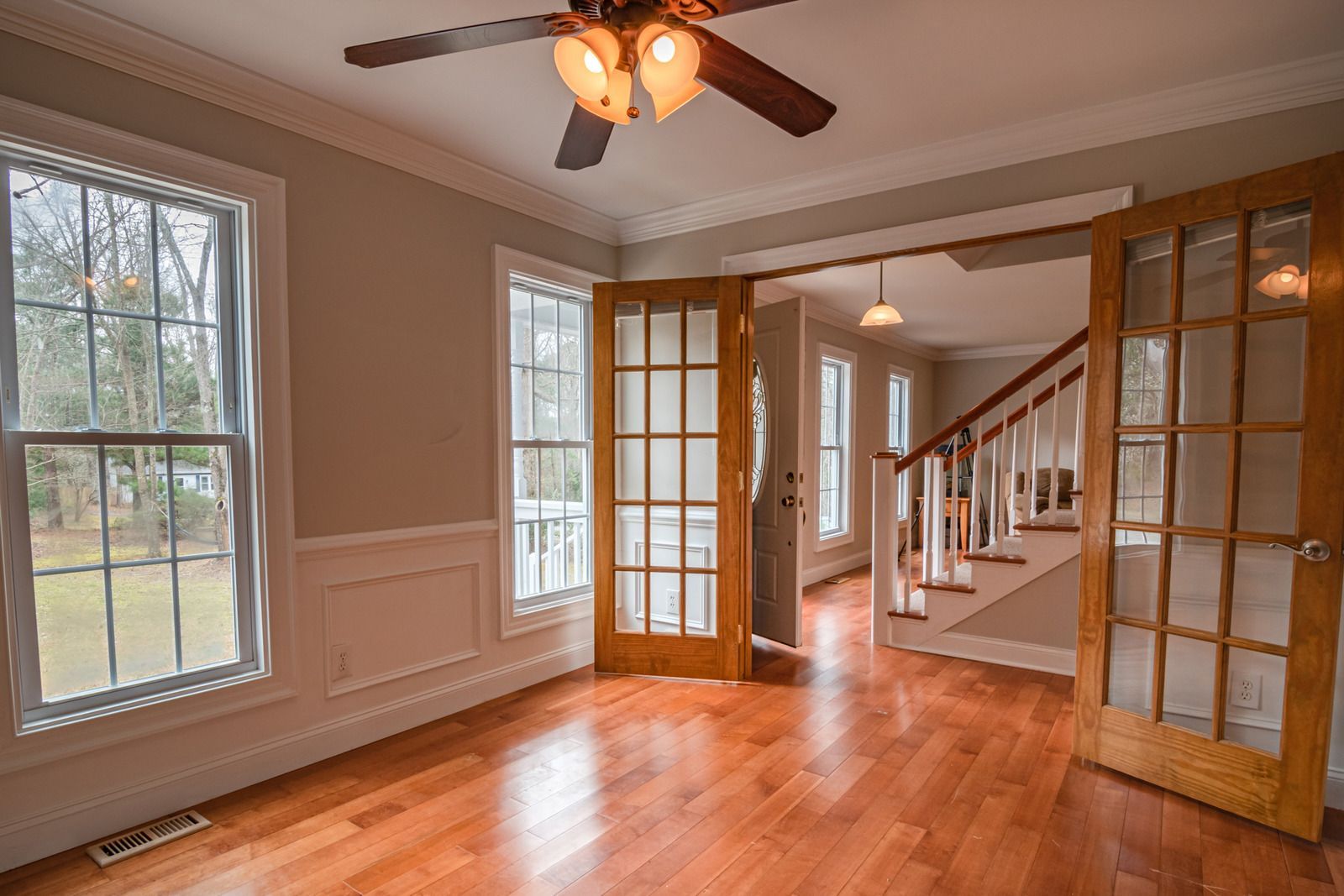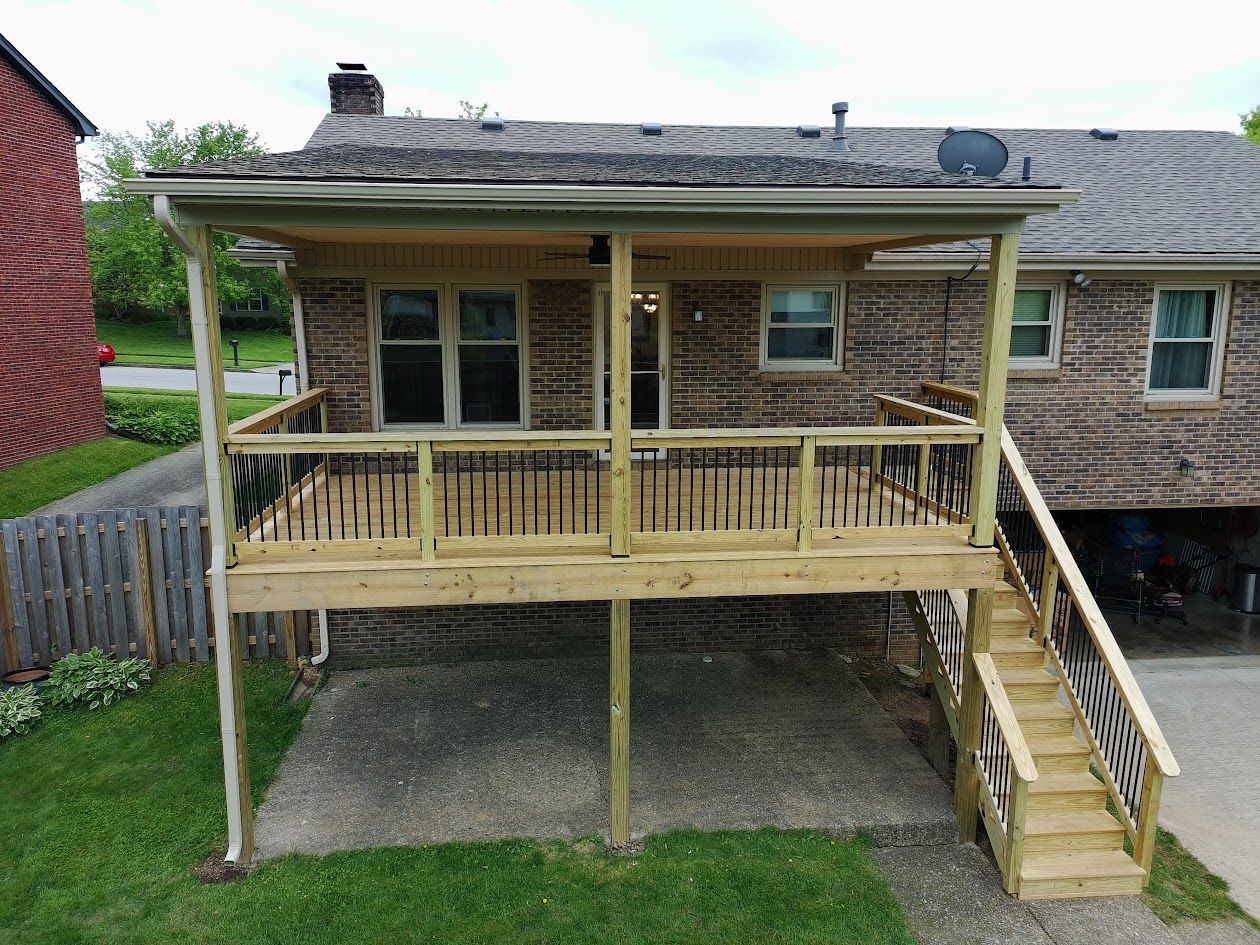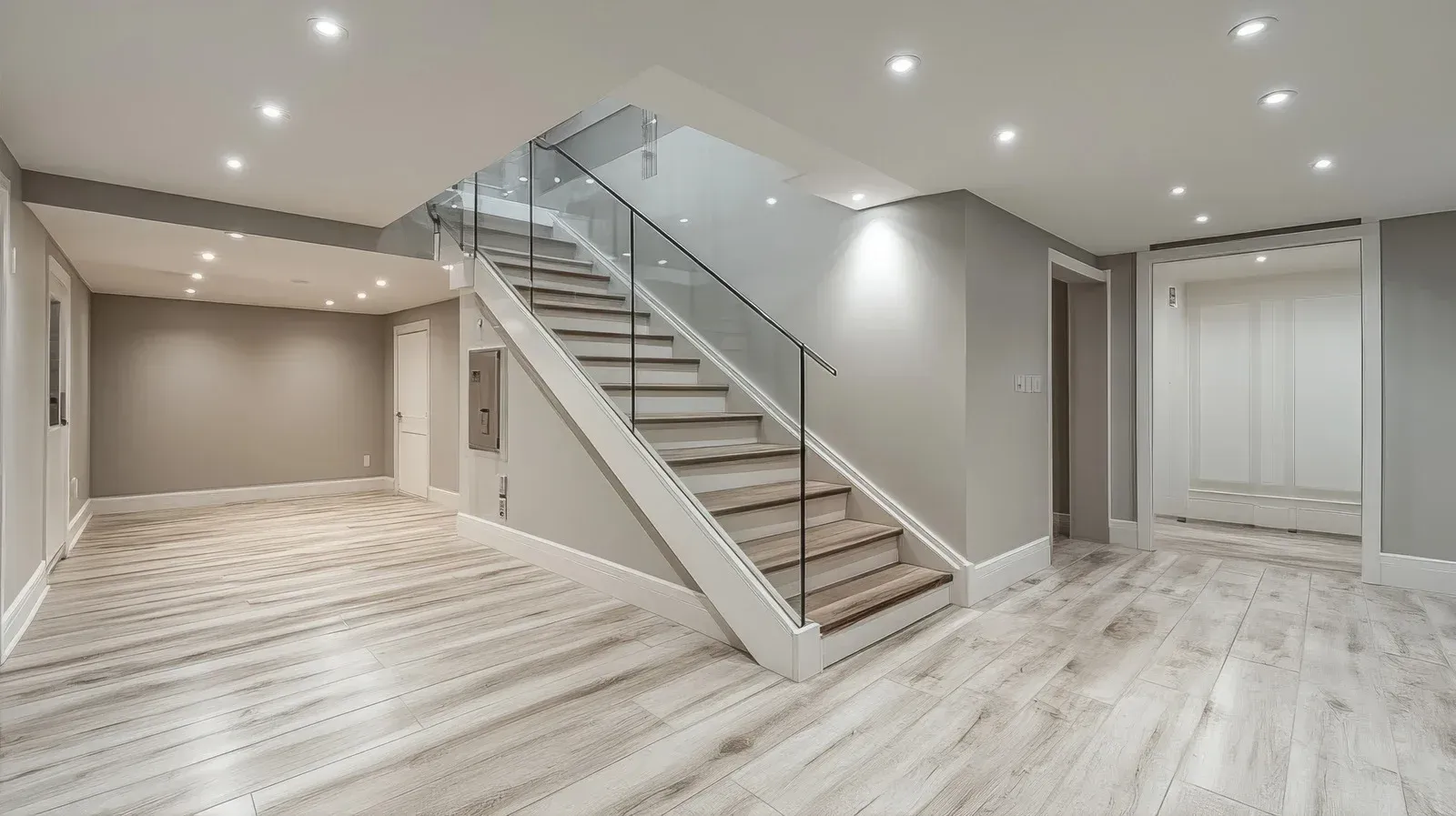What Makes Concrete the Best Choice for Retaining Walls?
Retaining walls play a crucial role in landscape architecture and structural engineering, offering support to soil and preventing erosion in sloped areas. When selecting materials for retaining walls, concrete consistently stands out as the superior choice. Its durability, strength, design flexibility, and cost-effectiveness make it the preferred option for both residential and commercial applications. Read below to know the reasons why concrete is the best choice for retaining walls.
Durability and Strength
A compelling reason to choose concrete for retaining walls is its unparalleled durability. Concrete is a durable substance that can survive harsh weather, such as intense rain, snowfall, and high heat. Concrete maintains its structural integrity for decades, in contrast to brick, which may deteriorate owing to mortar deterioration, or wood, which can rot over time. The compressive strength of concrete allows it to support large amounts of soil pressure, making it ideal for retaining walls in small gardens and large infrastructure projects.
Low Maintenance and Longevity
Compared to other materials, concrete retaining walls require less upkeep. Concrete walls don't need to be treated often like wood, which requires constant staining or sealing to keep it from rotting. Additionally, they are impervious to termites and other pests that can harm wooden structures. With proper installation and drainage considerations, a concrete retaining wall can last 50 to 100 years, making it a long-term investment that provides lasting value.
Design Versatility
Concrete is an adaptable material that may be designed to meet both practical and aesthetic requirements. The textures, colours, and artistic finishes of contemporary concrete retaining walls can be altered to blend with the surrounding landscape. An appealing yet useful alternative is stamped or stained concrete, which may mimic the look of real stone or brick for a fraction of the price. Additionally, concrete can be moulded into different shapes and sizes, accommodating unique site conditions and design preferences.
Cost-Effectiveness
Concrete may be more expensive initially than materials like brick or wood, but it is a more cost-effective option in the long run. Concrete's longevity and low maintenance needs lower the cost of continuous replacement and repair. Concrete is a viable option for both large-scale and small-scale projects due to its accessibility and simplicity of installation, which also help to lower its cost.
Environmental Benefits
For retaining walls, concrete is an eco-friendly option, especially when recycled elements like fly ash or slag are added to the mixture. Concrete barriers also increase soil stability, which lowers the risk of landslides and erosion. Additionally, well-built retaining walls facilitate effective water drainage, reducing the risk of flooding and soil displacement.
Concrete stands out as the best material for retaining walls due to its strength, durability, low maintenance, and design versatility. While the initial investment may be higher than alternative materials, its long lifespan and minimal upkeep make it a cost-effective and sustainable choice. Whether for residential landscaping or large-scale infrastructure projects,
concrete retaining walls provide stability, functionality, and aesthetic appeal, making them the ultimate choice for long-lasting structural support.




